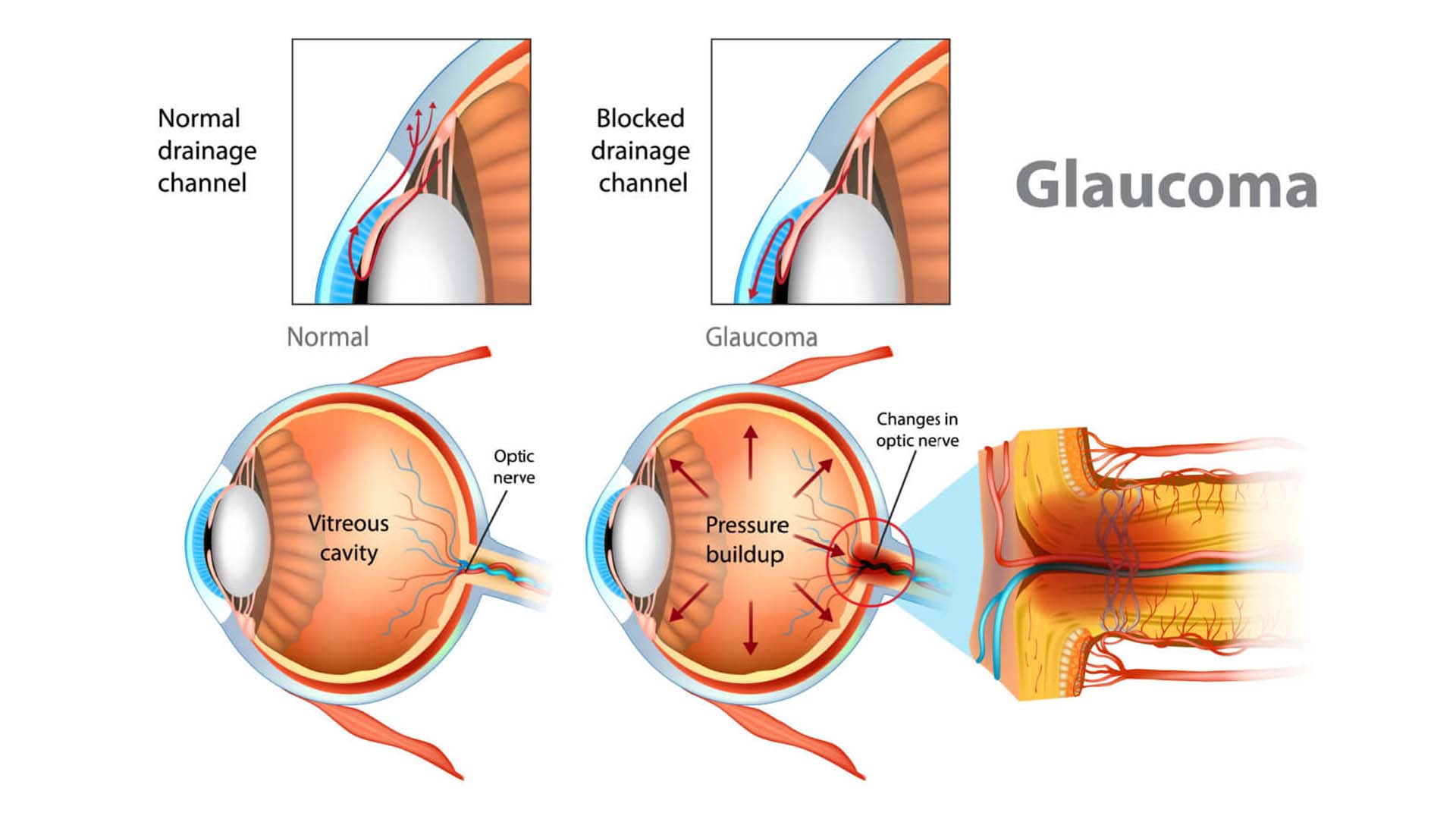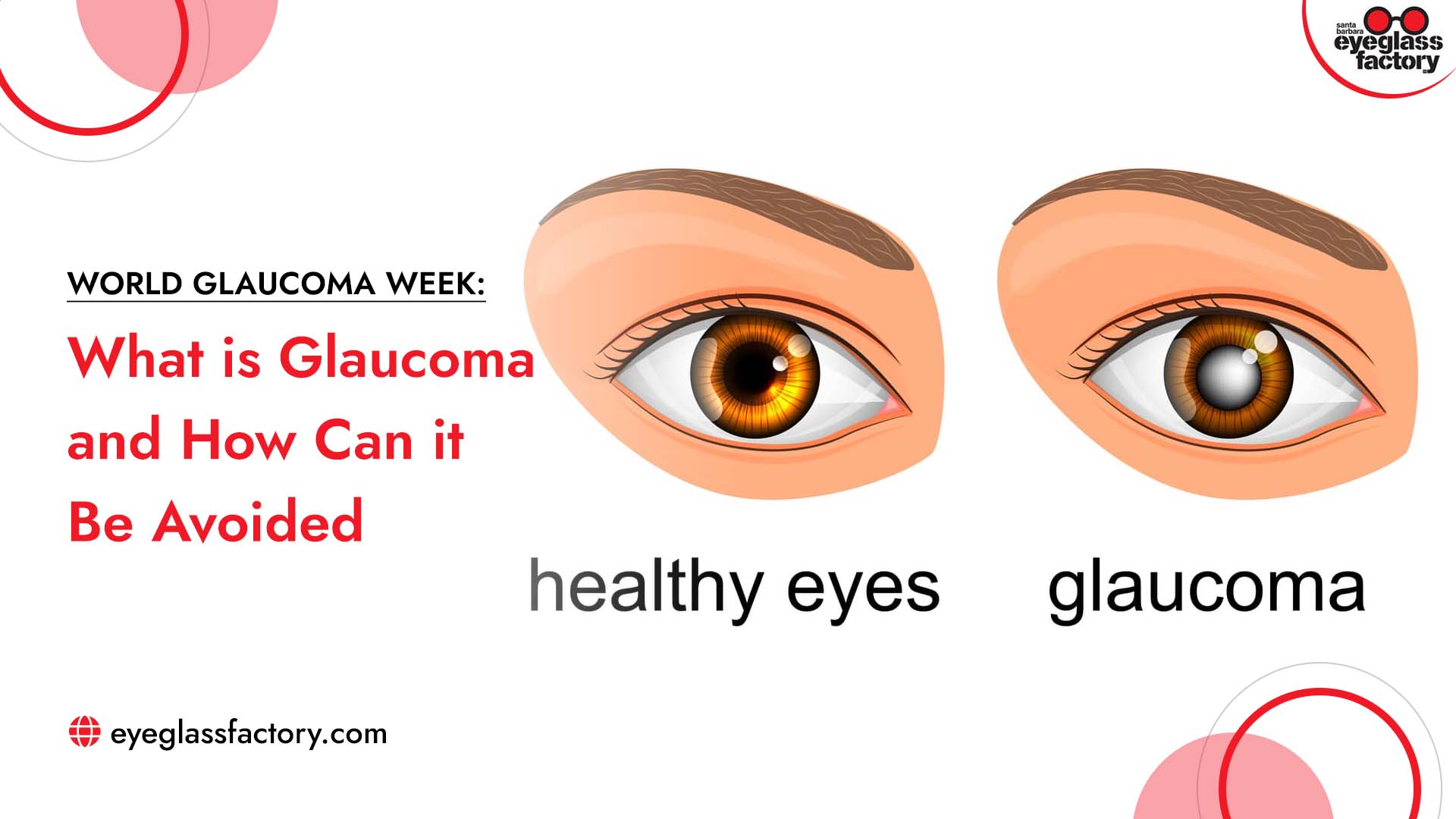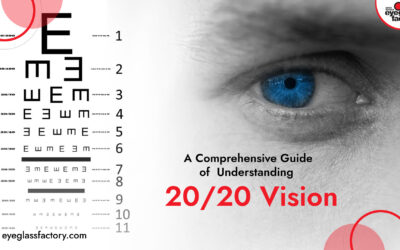What is World Glaucoma Week/Day?
Unlike the acute vision loss associated with other conditions, glaucoma, which is also known as the “silent thief of sight,” typically proceeds slowly, with little or no sight-related symptoms, until it is no longer curable. According to WHO data, glaucoma as a second-sight illness impacts over 75 million people around the world.
The World Glaucoma Association (WGA) introduced World Glaucoma Week, which is a yearly worldwide campaign. It is celebrated between the 10th and the 16th of March. The World Glaucoma Week this year is meant to create awareness about the risk factors, symptoms, and necessity of early diagnosis and treatment through regular eye health evaluations.
Understanding Glaucoma
Glaucoma is known for damage to the optic nerve, which takes visual signalling from the eye to the brain. The damage is generally caused by the rise of IOP inside the eye, but other factors could also contribute to the glaucoma formation. Untreated glaucoma does not know what it means, so it can lead to a gradual loss of vision and eventually total blindness.
There are various types of glaucoma, and open-angle glaucoma is the most prevalent among them. In this type, the drainage channels in the eye gradually get clogged, after which pressure increases as fluid backs up in the eye. Angle-closure of glaucoma, on the contrary, is a less common but more acute form where the iris blocks the drainage channels, leading to increased IOP at once.
Who is at Risk?
Glaucoma may affect anyone, but some people are at the highest risk of having this condition. Age is a critical risk factor, and a person’s chance of developing glaucoma increases greatly after the age of 40. Moreover, people with a family history of glaucoma are known to acquire the condition, as it often runs in the family.
Conditions like diabetes, high blood pressure, and specific eye injuries or surgeries could be risk factors for glaucoma as well. People of African or Hispanic descent are also found to be at a higher risk of glaucoma when compared to other ethnic groups.

Debunking Myths About Glaucoma
Myth: Glaucoma is just one of those diseases that affect the elderly.
Fact: Although the risk of glaucoma does increase with age, even a newborn can develop it (congenital glaucoma).
Myth: Being symptomless means being glaucoma-free.
Fact: Often, glaucoma progresses too slowly to notice symptoms of the disease until the vision loss becomes quite severe. Consequently, eye care should be carried out immediately before it is too late for an early diagnosis.
Myth: Glaucoma is a rare condition.
Fact: Glaucoma is the primary cause of blindness globally, and millions of people suffer from this condition in various parts of the world.
Prevention and Early Detection
The issue of saving vision in Glaucoma is connected with early diagnosis and effective treatment. Regular screening, including a comprehensive optic nerve anaesthesia test and IOP measurement, should be carried out at the early stages of glaucoma detection to allow timely and effective treatment. According to eye care specialists, everyone aged 60 and above, as well as those with risk factors for glaucoma, must go for annual eye exams.
Treatment and Management
At the moment, there is no medicine to heal glaucoma, but some drugs and procedures for its control and prevention of further blindness have been developed. Depending on the form and severity thereof, the treatment may consist of eye drops, pills, a laser operation, or surgery. They are engineered to lower the IOP as well as shield the optic nerve from additional harm.
Living with Glaucoma
Patients diagnosed with glaucoma must adhere to the prescribed medication schedule and come for their periodic eye care appointments with the eye care doctor. Getting involved in lifestyle alterations, such as exercising regularly, consuming a balanced diet, and giving up smoking, is another way of keeping healthy eyes and slowing down glaucoma progression.
Conclusion
Glaucoma is a major eye problem which needs your attention and awareness. In observing World Glaucoma Week, we should not fail to enlighten ourselves and others about the essence of having routine eye health examinations. The first lines of defence against blindness should be early diagnosis and proper treatment of glaucoma. Through spreading public awareness and promoting more eye vision tests that are routinely done, we will contribute actively to the fight against “the stealthy blinder.”
The prevention of glaucoma constitutes the fundamental principle. What makes the condition more prone is certain poor lifestyle habits like maintaining an unbalanced diet, not exercising, and smoking. Therefore, you should add these to your healthy habits to keep the condition at bay. Moreover, imagine if you or someone you know were diagnosed with glaucoma. Hence, as a first step, you need to adhere to the treatment plan prescribed by the eye care practitioner and attend follow-up sessions accordingly. Taking proactive rather than reactive steps to our eye health, let us work hand in hand to prevent the devastating effects of glaucoma.




